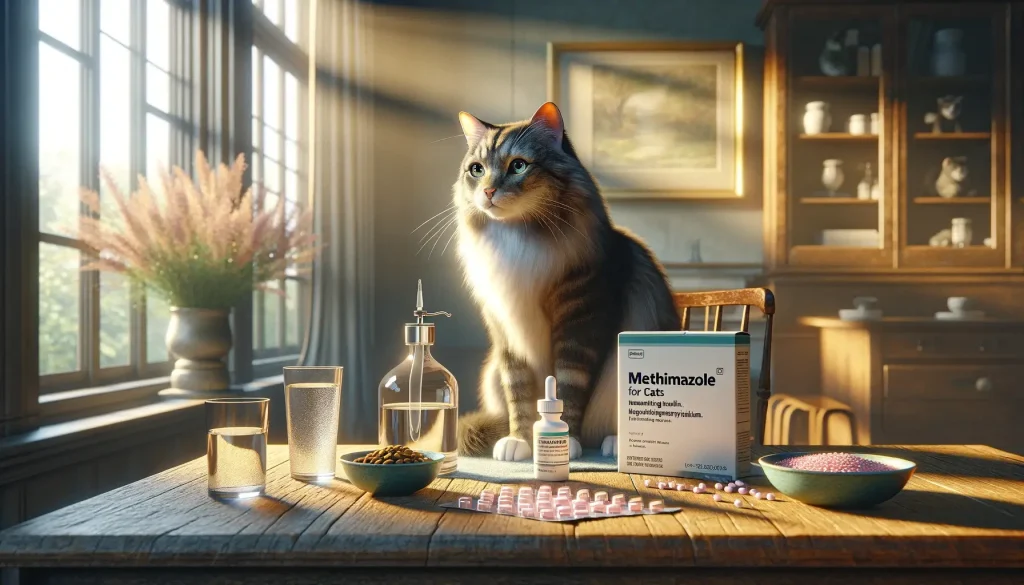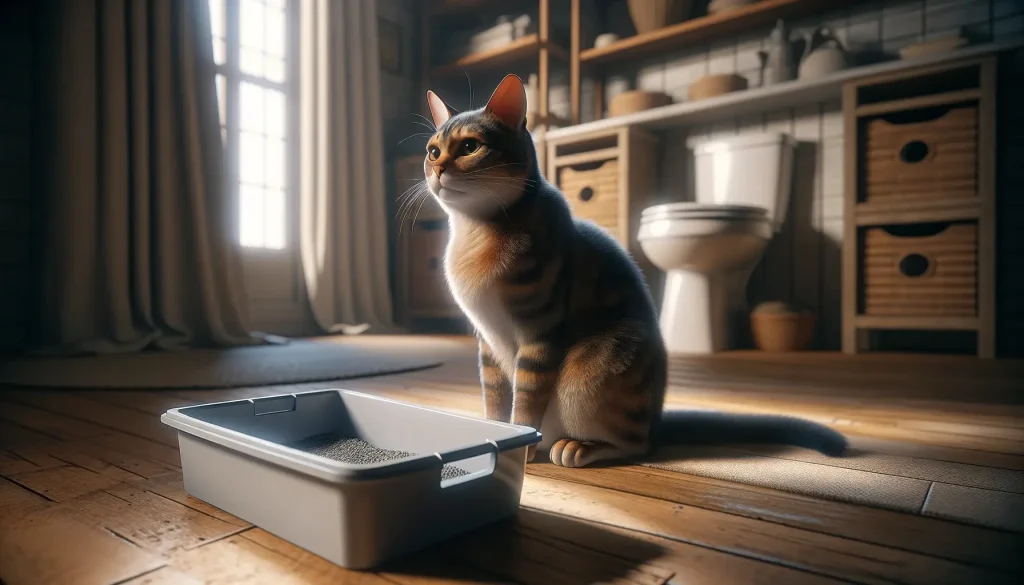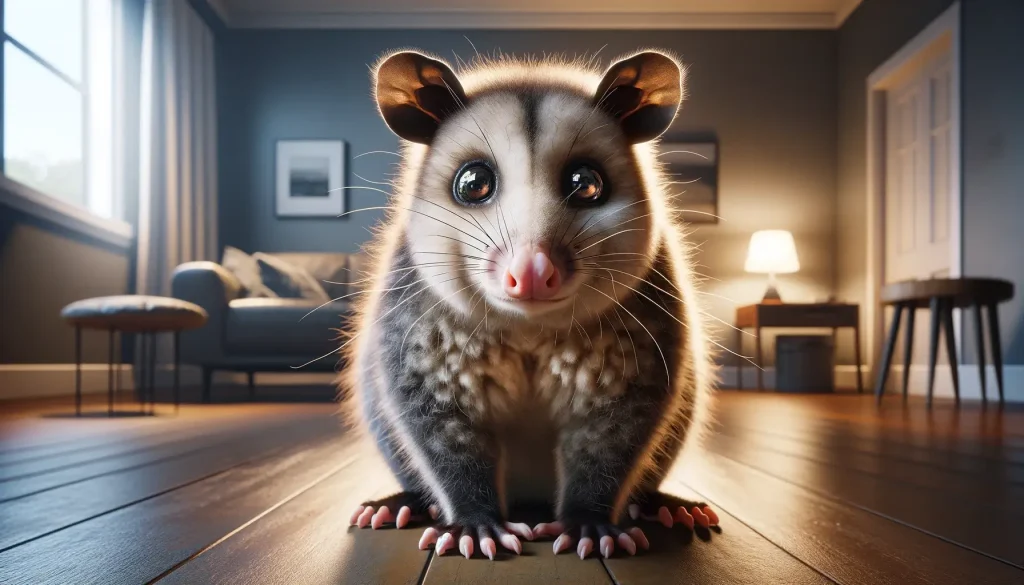
At first glance, possums might not seem like the ideal candidate for household pets. However, under certain conditions, they defy expectations. Key to their care is a balanced diet rich in calcium, crucial during their young stages. Their diet flexibility, a characteristic often praised by possum owners, allows these animals to thrive in a household setting, provided their nutritional needs are met.
Possums that find their way into human care, often due to injuries or rehabilitation needs, can experience an extended lifespan in captivity. With proper care, these animals can live up to 3-5 years, surpassing their average lifespan in the wild. Owners report success in litter training and note the cleanliness and affection possums can display, drawing comparisons to domesticated cats.
However, before diving into possum pet ownership, it’s imperative to check local wildlife laws and regulations. In many areas, keeping a possum as a pet requires specific permits, if it’s allowed at all. Understanding and adhering to these laws is crucial to ensure the wellbeing of the pet and compliance with local wildlife protection guidelines.
FAQs on Possum Pet Ownership
When considering the unique choice of a possum as a pet, many questions arise. Here are answers to some frequently asked queries to help you understand what it involves.
What do possums eat?
Possums have a flexible diet but require a good balance, especially with high amounts of calcium when young. Their diet can include fruits, vegetables, and small amounts of lean meat.
Are possums dangerous?
No, possums are generally gentle and docile. They are less likely to contract rabies, making them safer around humans than some other wildlife.
Can possums be liter box trained?
Yes, with patience and proper training, possums can be litter box trained, showing a level of cleanliness comparable to domesticated cats.
Do I need a permit to own a possum?
Yes, in many places. Always check your local wildlife laws and regulations to understand the requirements and ensure you have the necessary permits.
How long do pet possums live?
In captivity, with proper care, possums can live between 3-5 years, which is longer than their typical lifespan in the wild.
How can I adopt a possum?
Often, possums are adopted through wildlife rehabilitators. Adopting a possum usually means providing a home to one that cannot be returned to the wild due to injury or other reasons.
What are the benefits of having a possum as a pet?
Possums can reduce tick populations, are immune to certain snake venoms, and can offer unique companionship. Plus, adopting one can contribute to wildlife rehabilitation efforts.
Choosing a possum as a pet is indeed unconventional but can be deeply rewarding. Understanding their needs, legalities, and how to care for them properly is essential for a harmonious living situation. Possums can bring joy and a touch of wildness into your home in a manageable and affectionate way.
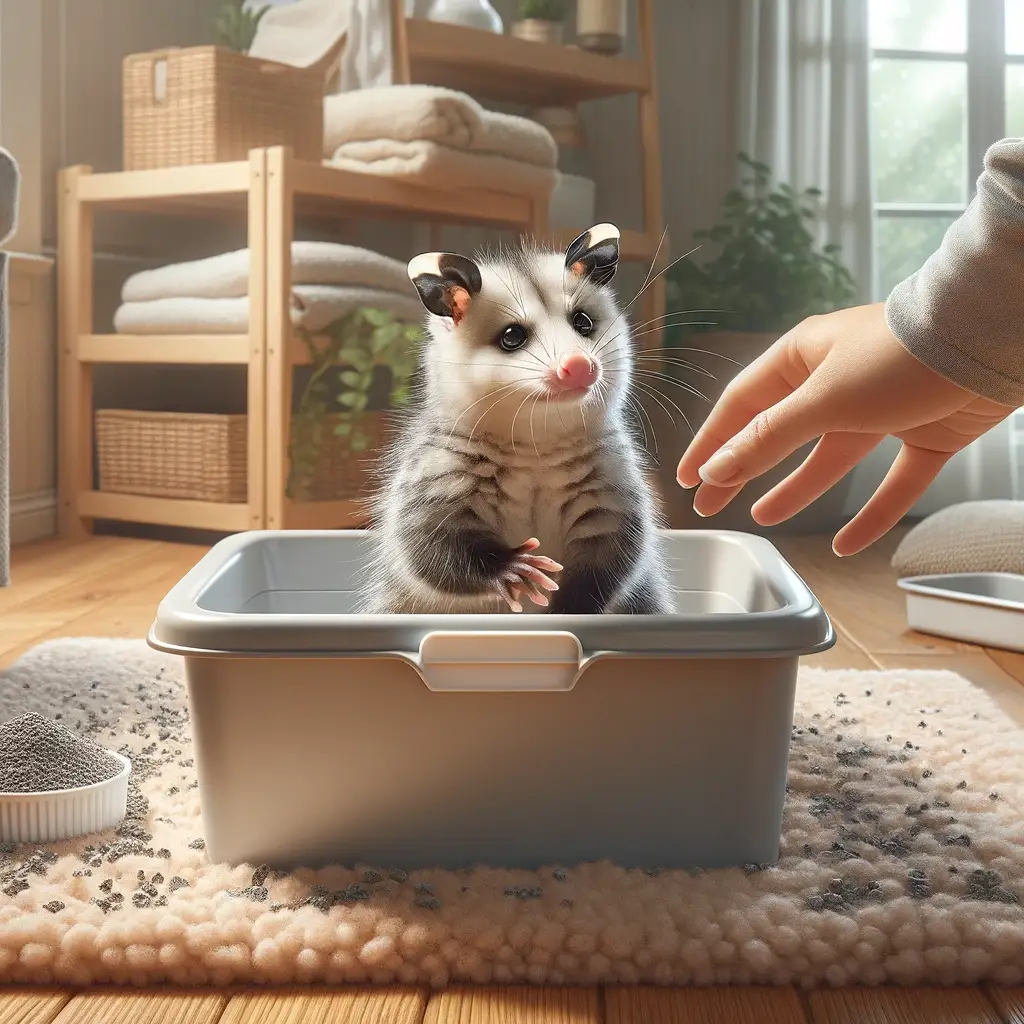
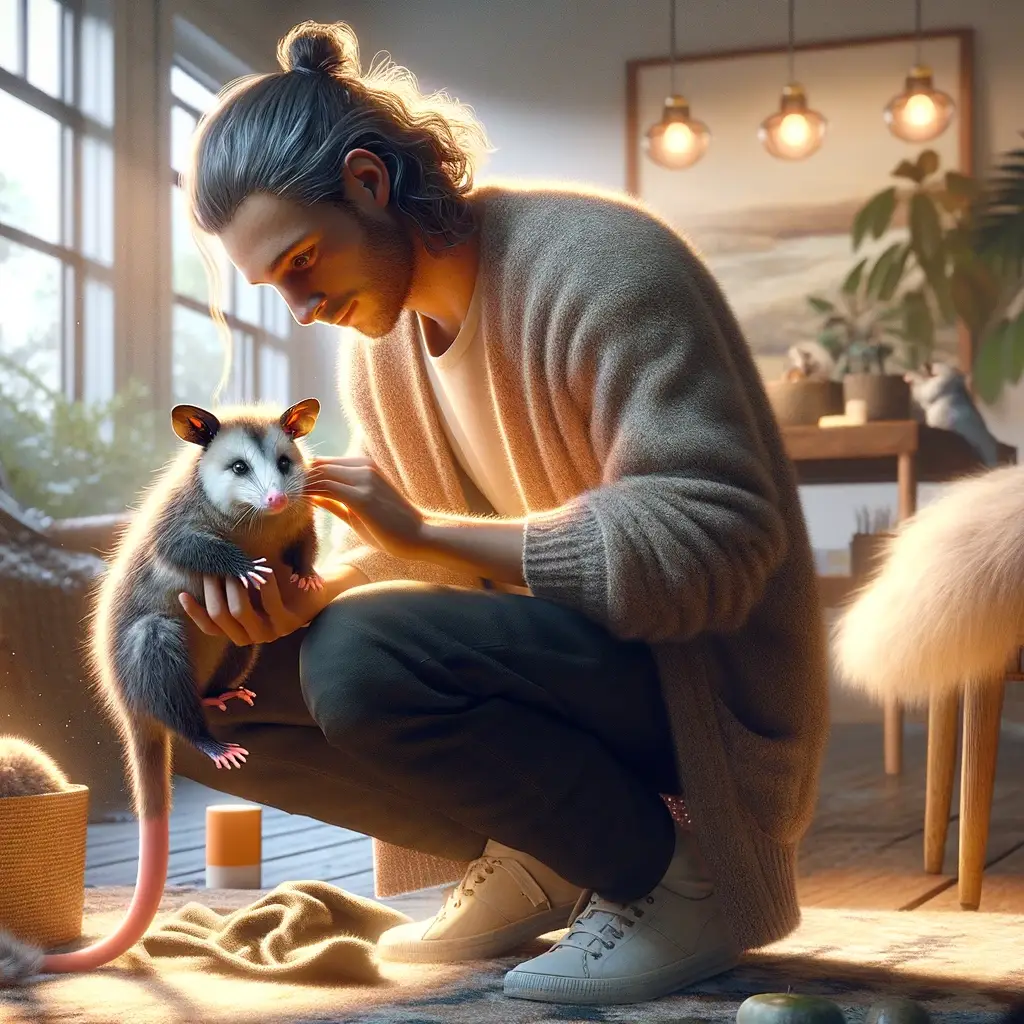
Possum Care Essentials
Possum care requires more than just a loving home. Their dietary needs are unique and must be met to ensure their health and happiness. A possum’s diet is versatile but should be rich in calcium, particularly for younger animals, to support their growth and overall well-being. This diet can be achieved by incorporating a mix of fruits, vegetables, and small portions of lean meat into their meals.
Contrary to common misconceptions, possums are gentle and friendly creatures capable of forming close relationships with their human caretakers. Their interaction is not only endearing but also beneficial, as possums contribute significantly to reducing the tick population and possess a natural immunity to certain snake venoms, enhancing local biodiversity.
The lifespan of a possum is another consideration for potential owners. While their lifespan in the wild is typically only up to 2 years, possums in a safe, captive environment can live between 3-5 years. This extended lifespan is attributed to a controlled diet, protection from predators, and the elimination of common wild threats.
Possums’ cleanliness is often compared to that of domesticated cats, as they can be litter box trained with patience and consistency. This trait, coupled with their ability to remember and revisit their human friends, makes them intriguingly similar to more conventional pets in terms of their interaction and cohabitation with humans.
Before bringing a possum into your home, it’s crucial to be aware of and comply with local wildlife laws and regulations. The legality of owning a possum as a pet varies by location, with some areas requiring specific permits. Ensuring you have met all legal requirements is critical for the well-being of the animal and to avoid potential legal issues.
Adopting a possum from a wildlife rehabilitator often means providing a forever home to an animal that cannot return to the wild. This adoption process not only gives a possum a second chance at life but also contributes to local wildlife rehabilitation efforts, emphasizing the mutual benefits of possum pet ownership.
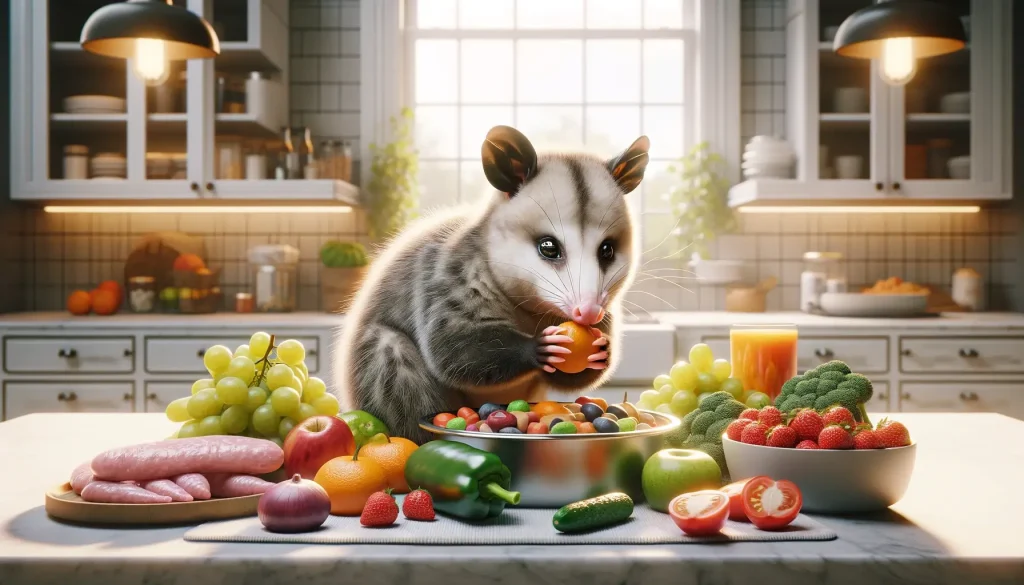
Possum Diet And Nutritional Needs
What do possums eat? This question is fundamental for anyone considering these unique creatures as pets. The diet of a possum is both diverse and specific, reflecting their omnivorous nature and the need for a balanced intake to support their health. Understanding and replicating the variety found in a possum’s natural diet is key to ensuring your pet thrives in a domestic setting.
At the core of their dietary needs is calcium, a critical nutrient for possums. In the wild, they achieve this balance by consuming a mix of fruits, vegetables, insects, and small vertebrates. For pet possums, a diet that mimics this variety without the risk of disease transmission from wild prey is essential. High-calcium foods, such as leafy greens and dairy alternatives fortified with calcium, should be staples in their meals.
Fruits and vegetables make up a large part of a possum’s diet and can include apples, berries, and most garden vegetables. These not only provide essential vitamins and minerals but also keep your possum hydrated and satisfied. However, moderation is key, as too much fruit can lead to obesity due to its high sugar content.
Protein is another cornerstone of the possum diet, but it should be offered in moderation. Lean meats like chicken or turkey, along with eggs, can be excellent protein sources. Insects, such as crickets and mealworms, are also beneficial, offering both protein and the opportunity for natural foraging behavior, stimulating your possum’s mental and physical health.
It’s also crucial to avoid certain foods that can be harmful to possums. Chocolate, caffeine, and overly processed human foods can be toxic to them. Similarly, avoid feeding them onions, garlic, and avocado, as these can cause health issues.
Supplementation may be necessary to ensure your possum receives all the necessary nutrients, especially if replicating their natural diet’s variety and balance proves challenging. Consulting with a veterinarian experienced in possum care can provide guidance on supplements, such as vitamin and mineral mixes, to fill any nutritional gaps.

Possum Playtime and More Surprising Facts
Think possums are just simple, nocturnal creatures? Think again. These animals are full of surprises, and their lifestyle and abilities make them fascinating potential pets. Dive into these fun facts to learn what makes possums so unique.
- Immune to Venom: Possums have a natural immunity to the venom of many snakes, including deadly ones like rattlesnakes and copperheads. This unique trait not only helps them in the wild but also contributes to a safer backyard environment by controlling potentially dangerous snake populations.
- Tick Eaters: One of the eco-friendly benefits of having a possum around is their diet that includes ticks. A single possum can consume thousands of ticks in a season, helping to reduce the risk of tick-borne diseases in your area.
- Rare Rabies Cases: Due to their low body temperature, possums are less susceptible to contracting rabies compared to other wild animals. This makes them one of the safer wildlife pets in terms of disease transmission.
- Prehensile Tail: Possums have a prehensile tail, which acts as a fifth limb. They use it to grab branches, carry small objects, and even balance themselves, making it a useful tool for navigating their environment.
- Playing Possum: The term ‘playing possum‘ comes from these animals’ unique defense mechanism. When threatened, possums can fall into a temporary catatonic state, appearing dead to potential predators. This act, combined with their ability to exude a foul smell from glands near the base of their tail, makes predators lose interest.
- Nocturnal Lifestyle: Possums are mostly nocturnal, active during the night. They spend their days sleeping in dens made up of tree hollows or other snug spaces. If you’re considering a possum as a pet, remember their night-time habits.
- Lifespan Extension: In the wild, possums live for about 2 years, but in captivity, with the right care, they can live up to 5 years. This extended lifespan is thanks to protection from predators, a controlled diet, and a safer living environment.
Possums, with their gentle nature and unique traits, offer an intriguing option for those looking for an unconventional pet. Their diet, immunity to certain dangers, and behaviors not only make them interesting companions but also contribute positively to the local ecosystem. Understanding these fun facts can help potential owners see the value and benefits of possum pet ownership.
Beginner Guide to Raising Quail at Home
What are the Signs of a Dog Concussion?
What Causes Your Dog’s Ears to Smell Bad?
When your dog’s ears start to emit an unpleasant odor, it might leave you puzzled…
Methimazole Treatment for Cat Hyperthyroidism
Methimazole plays a crucial role in managing feline hyperthyroidism, a condition marked by an overactive…
Got Hummingbirds in your Backyard? Here’s How to Care for Them.
Why Does Your Cat Pee Outside the Litter Box?
Cat’s Litter Box Issues It’s not uncommon for cat owners to face the frustrating dilemma…



